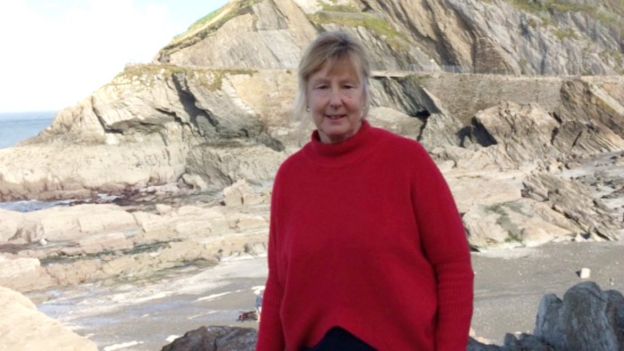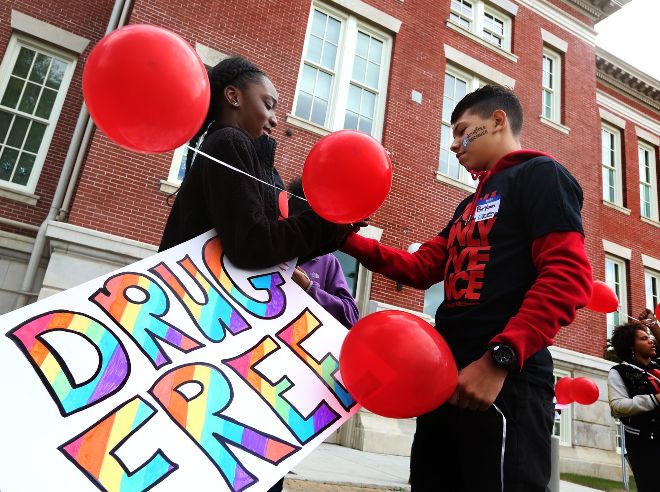 Doctors’ leaders are calling for the urgent introduction of a UK-wide 24-hour helpline for prescription drug dependence.
Doctors’ leaders are calling for the urgent introduction of a UK-wide 24-hour helpline for prescription drug dependence.
The British Medical Association (BMA) has said there should be more support for people coming off the drugs.
Benzodiazepines – taken for severe anxiety, insomnia and sometimes pain relief – are a particular concern.
Public Health England said it supported local services to help address drug addiction issues.
‘Clear guidance’
Dr Andrew Green, the BMA’s GP clinical and prescribing policy lead, told the BBC 5 live Investigates programme: “Establishing a national helpline should be a top priority to provide better service to individuals with prescribed drug dependence.
“There is also the need for specialist services to be consistently available across the country.”
He added: “Patients have not had their problems adequately recognised in the past and we need to put that right.”
The BMA will publish its recommendations on Monday. It will also call for clear guidance for practitioners on helping people manage to cut down and stop taking prescription medications.
‘Collapsed in a heap’
 Image copyrightJ.W
Image copyrightJ.WJan Waterton, 62, from Cornwall, was first prescribed benzodiazepines in 1992 for pain relief following surgery on her hip.
She later realised she had become dependent.
“I collapsed in a heap in the bedroom, shaking, quaking; my husband thought I was having a breakdown. That’s when we first realised that I was totally addicted to the substance.”
She said she suffered severe withdrawal symptoms during the 18 years it took her to fully come off the medication.
“I experienced massive electric shocks in the brain, twitching, numbness, feeling dreadful.”
Figures from NHS Digital show just over 10 million prescriptions for benzodiazepines were issued last year in England, 0.9 % of all prescriptions dispensed during 2015.
‘Withdrawal syndrome’
According to government guidance, the recommended maximum time for which benzodiazepines should be prescribed is four weeks, to reduce the risk of dependency.
But a BMA report, published last year, warned people were being prescribed them for longer. BBC 5 live Investigates has found cases of people using the drugs for decades.
Dr Green said they were effective “but only for a short period of time”.
He added: “When patients try and come off, they get withdrawal syndrome and that encourages them to keep taking them and doctors sometimes prescribe them longer than they ought to.”
Academics at the University of Roehampton have carried out a study looking at long-term benzodiazepine use.
After looking at the number of people on the drug at 13 GP surgeries in the north of England, they said that, if that pattern was repeated across the UK, there could be at least 266,000 benzodiazepine users.
Dr James Davies, who has worked on the study said: “Long-term use and withdrawal is a very serious public health issue that requires more attention than it is currently receiving.”
 Image copyrightPRESS ASSOCIATION
Image copyrightPRESS ASSOCIATIONA spokesman for the Department of Health in England said it was looking at GP prescribing trends, including for benzodiazepines.
He said helpline services already existed. “Anyone who is concerned that they may be dependent on medicines which have been prescribed to them can get advice from their GP, a community pharmacist, the 111 helpline or the online NHS Choices service.
“In addition, the government’s drugs information service, Talk to FRANK provides advice on how to access specialist drug treatment services, including services which help people who have a dependence on a medicine prescribed to them.”
Meanwhile, a Northern Ireland Department of Health spokeswoman said: “The New Strategic Direction for Alcohol and Drugs (NSD) strategy specifically recognises the misuse of prescription drugs in the north of Ireland as a key issue and an action plan has been developed to address it.”
Receiving better information and raising awareness among professionals and the public are two of the points on the plan.
The spokeswoman added: “We welcome the publication of the recommendations by the BMA, which we will consider in light of the work already under way on this issue and look at what further action can be taken locally.”
Prof David Taylor, a spokesman for the Royal Pharmaceutical Society, said it did not support long-term use other than in “exceptional circumstances” where the benefits outweighed the risks for that patient – and that people should normally only take them for a few weeks.
He added: “For patients taking them for longer periods, any withdrawal management needs to be undertaken carefully and at a reduction rate that is tolerable for the patient.”
Rosanna O’Connor, director of alcohol, drugs, tobacco at Public Health England said it supported local authorities in developing the kinds of services they needed in their areas.
She added: “It remains important that all health professionals make every contact count with patients and are alert to possible signs of misuse and dependence, including to prescribed drugs.”
5 live Investigates is on BBC Radio 5 live on Sunday 23 October at 11:00 BST.Listen online or download the programme podcast.
[“source-ndtv”]

